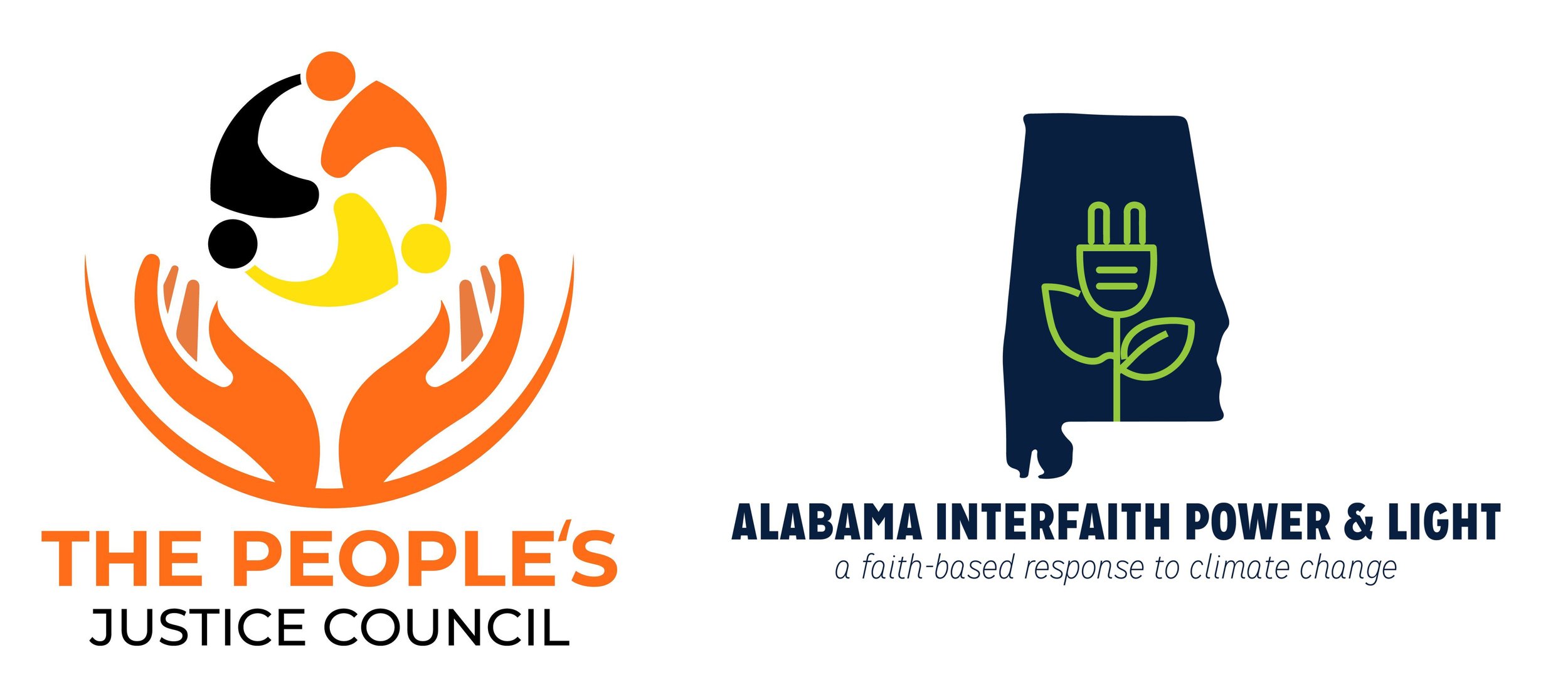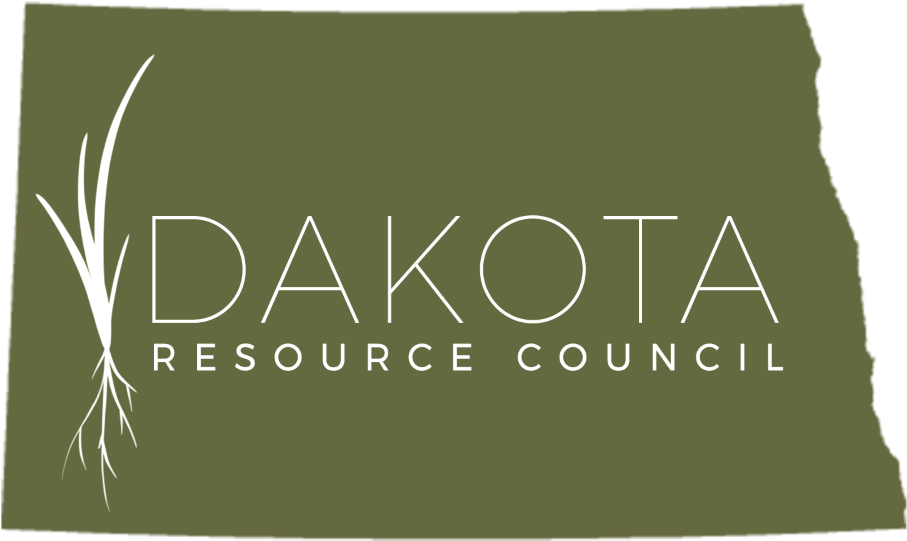
About the Rural Power Coalition
Mission
Our mission is to elevate rural communities as leaders of a just and clean energy transition across the United States. We advance this mission through member-owner engagement, clean energy investment on inclusive terms, and federal policy advocacy.
Vision
The Rural Power Coalition envisions resilient and clean rural energy systems that are democratically controlled, equitable, and affordable while supporting healthy environments, well-paying jobs, and the building of community wealth.
Coalition Leaders:
Working Partners:
Our Values
-

We believe racial justice is central to transforming underlying systems of inequity and injustice
-

Organizing for clean, affordable, locally owned energy in rural places is part of, not separate from, how we knit together an enduring multi-racial democracy in the US
-

The Rural Power Coalition is led by grassroots groups, and supports place-based community organizing for local power building
-

Climate change gives a just energy transition a sense of urgency that cannot be ignored. We want to achieve a just energy transition that is inclusive of rural communities in the face of climate change
-

We work together in solidarity and mutuality and are stronger when we build alignment and relationships across sector, movement, and region
-

We believe in defending the cooperative movement by supporting Rural Electric Cooperative member-owners and rejecting the privatization of people-powered institutions

Join the Coalition
The five policies called for in the #RuralPower campaign represent an opportunity to simultaneously provide urgent relief to the most vulnerable ratepayers in rural areas and prepare rural cooperatives for a 21st-century clean energy economy. These measures will directly benefit millions of cooperative member-owners who are currently struggling to pay for aging fossil fuel infrastructure while the world transitions to clean energy. Click below to endorse our policies and add your organization to our coalition.
FAQs
-
Rural electric cooperatives serve the most sparsely populated areas of the United States, places that profit-driven electric utilities historically ignored. The Rural Electrification Act of 1936 supported the creation of hundreds of electric cooperatives and literally electrified rural America. Electric cooperatives now serve 42 million Americans and power 56% of the nation’s landmass. They are the social, economic, and infrastructural cornerstones of the rural communities they serve. If they’re not adequately supported, millions of Americans could suffer and an urgently needed opportunity for energy transition would be lost.
-
The #RuralPower Campaign seeks additional federal support for rural electric cooperatives’ transition to renewable energy.
-
1. Appropriate $100 billion for Rural Electric Cooperative debt forgiveness
Thanks to the work of coalition partners and champions in Congress, we earned over $10 Billion downpayment in the Inflation Reduction Act! Now we need another $90 Billion in federal investments through grants and loan forgiveness to bring rural communities into the ongoing clean energy transition. These conditions would facilitate the retirement of all coal plants currently in operation and potentially all outstanding electric cooperative debt in exchange for new investment in clean energy, distributed energy resources, energy efficiency, high-speed broadband, storage, and electric transportation with new loans at U.S. Treasury rates.
2. Make federal renewable energy incentives accessible to Rural Electric Cooperatives
What we accomplished through the Inflation Reduction Act
Thanks to the Inflation Reduction Act, for the first time ever Rural Electric Cooperatives (REC’s) will be eligible for the tax credits that have driven forward the clean energy transition across the country. REC’s will now be able to accept these incentives in the form of direct payments as they are non taxable entities.
Further leveling the playing field for cooperatives
Other utilities and businesses are allowed to combine tax credits with relevant government programs to cover the cost of a project. In order to truly “level the playing field” between cooperatives and other businesses they should be treated the same. Direct Payments to REC’s in lieu of tax credits should follow the same standards and be allowed to combine tax credits. (For example: PTC/ITC, Justice40 Energy Community bonus, w/ REAP).
3. Increase federal support for the broad adoption of inclusive utility investment in energy efficiency & electrification upgrades
Comprehensively address the energy affordability crisis in rural America by continuing our nation's commitment to upgrade everyone.
Many people cannot afford the upfront cost for energy upgrades to homes and buildings that will generate value for the utility and its members-owners by saving money and enhancing energy resilience. Further federal support will allow electric cooperatives to more readily implement inclusive utility investment for these upgrades on terms that provide consumer protection and long term energy savings for participating members. All Americans should be able to upgrade and save money through programs such as the Pay As You Save system that are already demonstrated by more than a dozen electric cooperatives in Kansas, Kentucky, Arkansas, Tennessee, and North Carolina.
4. Increase funding for programs that fund rural development and energy
There are many existing programs critical to the rural energy transition that deserve ongoing and increased resources to create rural jobs, reduce costs for rural families, and act on the climate crisis.
Among them are:
-Low-Income Home Energy Assistance Program (LIHEAP)
-Rural Cooperative Development Grants (RCDG)
-Rural Economic Development Loans and Grants (REDL&G)
-Rural Energy Savings Program (RESP)
-Rural Utilities Service (RUS) Treasury Rate Loan Program, which also capitalizes the Energy Efficiency & Conservation Loan Program (EECLP)
-Rural Energy for America Program (REAP)
5. Equity and Justice Must Be Centered in the Energy Transition of Rural Communities
In order to maximize both economic and climate impacts, new investments must be implemented with strong attention to racial and environmental justice, which requires a robust process for public input. Following the Rural Electrification Act of 1936, rural communities came together around the country to electrify their homes and businesses. For the United States’ energy transition in the 21st century to be successful, rural communities must once again be empowered to determine the future of their energy system. As such, the USDA should deliver on President Biden’s whole-of-government approach by adopting the Department of Energy’s procedures for community engagement, as outlined by Dr. Tony Reams in their Justice 40 kickoff webinar on August 17th.
6. Defend and Expand the Cooperative Ownership & Public Power
Rural communities built rural electric cooperatives, and rural electric cooperatives built rural America. Cooperative ownership and public ownership of rural energy systems has helped build community wealth and improve the lives of millions of rural people across the country. As we make the energy transition rural communities must maintain democratic, cooperative, and public control of the institutions they've built over the last 100 years. RPC stands against the privatization of cooperatives, municipal utilities, and federal power agencies like TVA. We further oppose the break up of the cooperative system, making it easier for cooperatives to be privatized. We're fighting for a rural energy future that maintains and expands cooperative control over our future. -
The Rural Power Coalition (RPC) began as a group of place-based organizations representing rural electric cooperative member-owners from states with dirtiest power from electric cooperatives in the United States. We’ve since expanded to a total of 17 organizations, representing member-owners in 14 states from Alaska to Alabama. The RPC sees a future for electric cooperatives that is grounded in justice, democracy, and resilience. To achieve this vision, the RPC has put forth a bold, yet common-sense proposal to help all rural electric cooperatives make this transition and build a clean energy system for every resident in their service areas.
States served by the organizations leading RPC include:
Alaska, Montana, Colorado, S Dakota, N Dakota, Minnesota, Missouri, Kentucky, Tennessee, Virginia, North Carolina, Georgia, Mississippi, and Alabama
-
We're in the process of building out this coalition for the long hall and will be announcing new ways for you and your organizations to get engaged with this work very soon.
In the meantime, please fill out this interest form.
-
The RPC had a big win when Congress included substantial funding & support for RECs in the Inflation Reduction Act.
IRA is the biggest investment into rural communities we’ve seen in a long time thanks to the inclusion of rural electric cooperative-focused provisions. As a coalition working to elevate rural communities as leaders of a just and clean energy transition, we applaud these necessary investments into rural electric cooperatives and member-owners.
Key provisions in the IRA include:
- $9.7 Billion Dollars of USDA Assistance for Electric Cooperatives for a voluntary program for rural electric cooperatives to make investments in renewable energy.
-$1 Billion Dollars in additional funding to cover the cost of loans related to Renewable Energy.
-A direct pay option for clean energy tax credits to allow electric co-ops to be eligible. This would level the playing field for electric co-ops by allowing them to receive clean energy incentives just like private utilities.
Since the IRA was passed, the RPC has worked to assist electric cooperatives and other stakeholders with resources and information to apply for the IRA programs, and to develop community benefit plans that make sure the benefits of these investments flow to member-owners that need them most.
The RPC recognizes that the PACE and New ERA programs are just a down payment on the $100 Billion that is needed to facilitate a just transition for REC’s and rural Americans.
We are continuing to advocate for the federal resources needed to create a just transition for every community served by an REC.






















